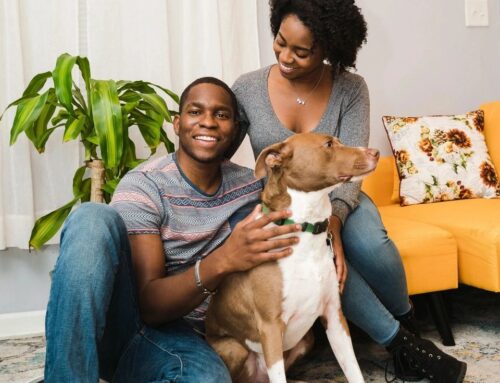Validation and Why We Need It
Have you ever shared something difficult with a friend or family member only to be told that someone has it worse? Has someone ever minimized your feelings and experiences because they went through something similar and didn’t have the same struggle? You likely felt invalidated in these moments, which is frustrating and unhelpful in processing emotions. Invalidation can leave one feeling misunderstood or lonely and it can have a negative impact on our relationships. So, let’s talk about validation, why it’s useful, and how we can apply it to our experiences with others.
Validation, put plainly, means to recognize or affirm that a person’s thoughts, feelings, and experiences are valid or worthwhile. That doesn’t mean you have to understand or even relate to what the other person is feeling. For example, your friend could be struggling with an experience that you are unfamiliar with. Although you don’t understand exactly what they are facing, you can likely appreciate how difficult it is for them. By validating their feelings and reassuring them that their struggles are real, you are creating a space for them to feel seen and heard.
So, how can we use it? Well, validation can look different to each of us. It can be as simple as a head nod or a supportive comment like, “I hear you and that sounds really tough”. The main thing to remember is that validation isn’t about relating to or understanding someone, it’s simply listening to what they say and affirming their feelings and experiences. Next time someone shares a tough situation with you, practice using validation and notice how the person responds to your support.
We will all struggle to relate to others, whether it’s with our parents, children, or someone completely different than us. Validation can bridge that gap and create a pathway for effective communication. How can you validate someone today?
Alex Vergara
Mental Health Student Intern






